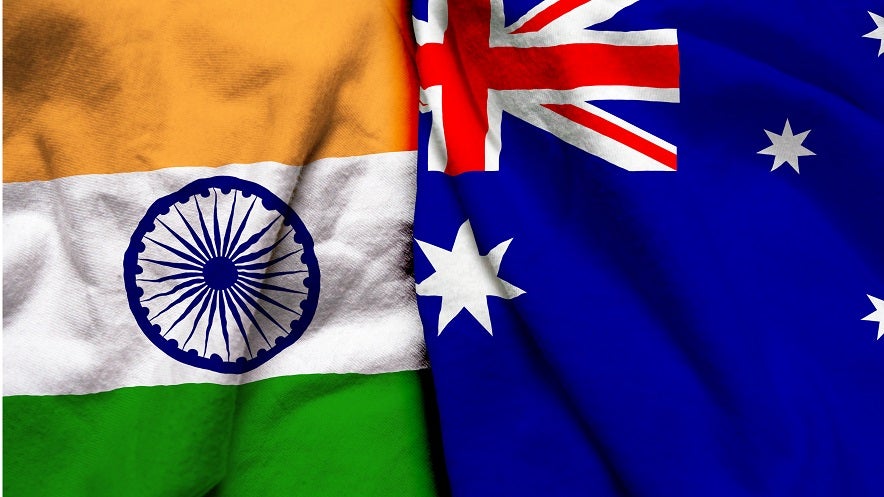
The Australia-India Economic Cooperation and Trade Agreement (AI ECTA) will eliminate tariffs on more than 85% of Australian goods exports to India and create new opportunities for wool producers in Australia.
Tariffs will be eliminated on more than 85% of Australian goods exports to India (valued at more than AUD12.6bn a year), rising to almost 91% (valued at $13.4bn) over ten years.
Australian households and businesses will also benefit, with 96% of Indian goods imports entering Australia duty-free on entry into force.
India is the world’s largest democracy and the world’s fastest-growing major economy, with GDP projected to grow at 9% in 2021-22 and 2022-23 and 7.1% in 2023-24.
In 2020, India was Australia’s seventh-largest trading partner, with two-way trade valued at $24.3bn, and sixth largest goods and services export market, valued at $16.9bn.
“Our Government’s goal is to lift India into our top three export markets by 2035, and to make India the third-largest destination in Asia for outward Australian investment,” a joint statement from the office of Australia’s minister for trade, tourism and investment Dan Tehan and Prime Minister Scott Morrison says.

US Tariffs are shifting - will you react or anticipate?
Don’t let policy changes catch you off guard. Stay proactive with real-time data and expert analysis.
By GlobalDataTehan signed AI ECTA during a virtual ceremony on 2 April with India’s minister of commerce and industry Piyush Goyal.
Morrison notes the agreement would create “enormous” trade diversification opportunities for Australian producers and service providers bound for India, valued at up to $14.8bn each year.
“This agreement opens a big door into the world’s fastest-growing major economy for Australian farmers, manufacturers, producers and so many more,” he adds.
“This is great news for lobster fishers in Tasmania, wine producers in South Australia, macadamia farmers in Queensland, critical minerals miners in Western Australia, lamb farmers from New South Wales, wool producers from Victoria and metallic ore producers from the Northern Territory.”
Under AI ECTA, wool will have the current 2.5% tariffs eliminated on entry into force, supporting Australia’s second-largest market for wool products.
India’s Apparel Export Promotion Council (AEPC) took to Twitter to welcome the news, noting apparel is the largest category exported from India to Australia, and that India has the potential to export jersey, pullovers and T-shirts of man-made fibres – which it calls a “large chunk” of Australian apparel exports.
It adds the deal will further exports, employment and investment in the apparel sector.
AI ECTA is an interim agreement and both countries continue to work towards a full Comprehensive Economic Cooperation Agreement.
The interim AI ECTA agreement follows the signing of the India-United Arab Emirates Comprehensive Economic Partnership Agreement (CEPA) in February which is expected to boost bilateral trade from the current US$60 bn to $100 bn in the next five years.



